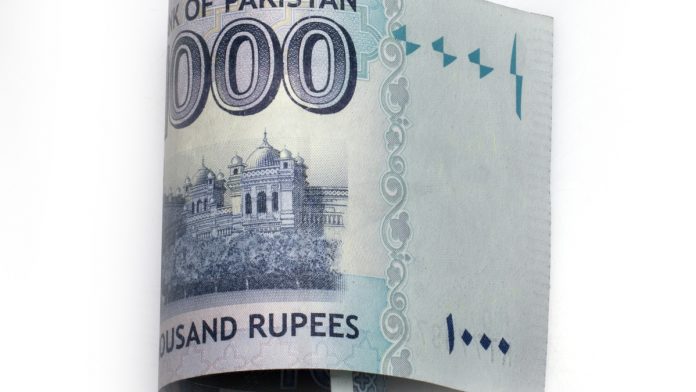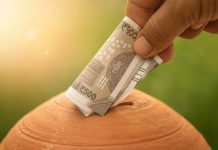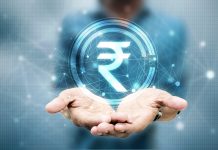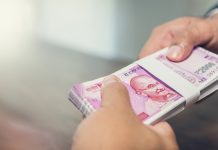- Pakistani Rupee (PKR) falls as investors mull over IMF GDP downward revision
- Rising covid-19 cases in Pakistan drag on demand for PKR
- US Dollar (USD) investors look ahead to personal income and expenditure data and consumer confidence figures.
- US Dollar Pakistani Rupee exchange rate (US/PKR) extends gains for 6th consecutive week
The Pakistani Rupee continue to trade around its 3 month low on Friday, after falling -1.5% versus the US Dollar across the week.
At 09:15 UTC, USD/PKR trades + 0.5% at 167.60. This is towards the upper end of the daily traded range of 166.75 – 167.95.
The Rupee is under pressure and Pakistan equities are out of favour as investors continue to mull over a downgrade to Pakistan’s growth projections by the International Monetary Fund (IMF). Earlier in the week the IMF lowered its growth forecast to 1%, down from 2% for fiscal year 2020-21.
Dampening the mood further for the Rupee is the rising number of coronavirus cases and concerns over the damage that this will inflict on the Pakistan economy. Daily new coronavirus cases in Pakistan increased +4,044, taking the total number of infections to 196,000. The death toll increased by 148 to 3,962.
The US Dollar is trading lower versus its major peers despite concerns over surging coronavirus cases in the US. Daily new infections rose by 40,000 in the US on Thursday, the biggest one day rise of the pandemic. The increase comes as many states are easing lockdown restrictions, raising fears that lockdown will need to be re-imposed to bring the coronavirus spread under control.
The governor of Texas has temporarily halted the state’s reopening as infections and hospitalisations surge.
Investors will now look ahead to the release of personal income and spending data and consumer confidence figures later today. Personal spending is expected to follow retail sales higher, rebounding +9% after -13.6% in April.
Meanwhile, consumer confidence is also expected to nudge higher. This is important because consumers who are confident about their personal finances and job prospects will spend more, boosting the economy.





